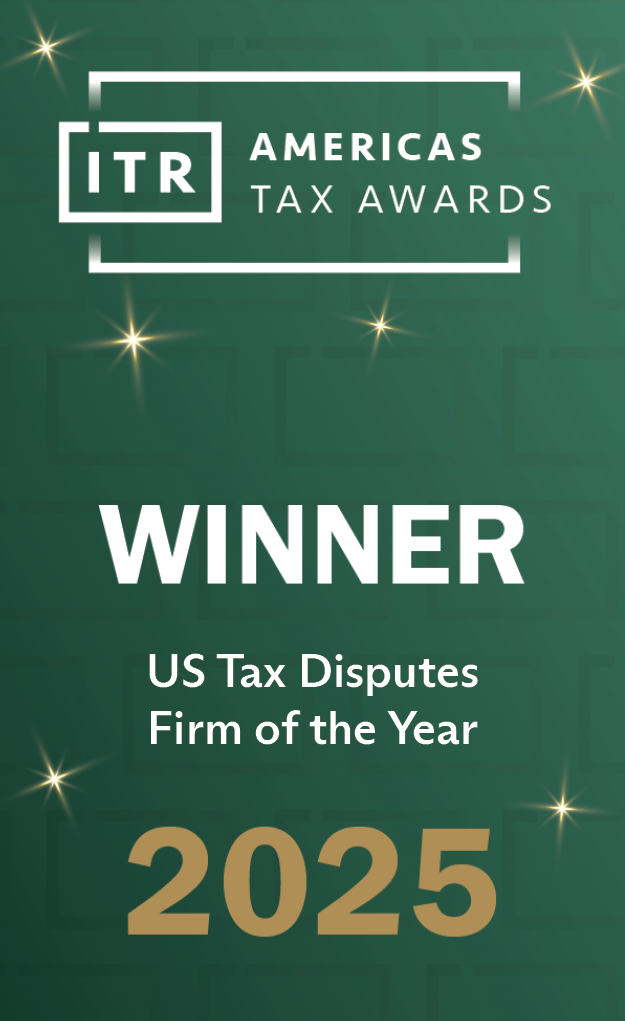In Baxter v. United States, No. 4:15-cv-04764 (ND Cal. 2016), the Internal Revenue Service (IRS) issued a third-party summons for the petitioner’s 2011 tax year to the California Supreme Court seeking documents relating to payments made to the petitioner for his legal representation of capital defendants. The petitioner brought a timely petition to quash the 2011 third-party summons in federal district court. The court granted the petition to quash the 2011 third-party summons because the IRS failed to provide advance notice to the petitioner pursuant to Internal Revenue Code (IRC) section 7602(c)(1), which requires advance notice by the IRS of third party contacts. Importantly, the court rejected the government’s contention that the advance notice requirement could be satisfied by providing a taxpayer with the generic notice in IRS Publication 1, which states that the IRS will “sometimes talk with other persons if [they] need information that [the taxpayer] have been unable to provide.”
To enforce a summons or dismiss a petition to quash a summons, the government must first establish a prima facie case of good faith by making a showing that: (1) the underlying investigation is for a legitimate purpose, (2) the inquiry requested is relevant to that purpose, (3) the information sought is not already in the government’s possession and (4) the administrative steps required by the IRC has been followed.
The district court found that the government has met its burden as to the first three requirements, but it failed to establish that the administrative steps required by the IRC had been followed. The government admitted that the IRS did not provide advance notice to the petitioner of its intent to make a contact with the California Supreme Court, but instead contended that the IRS satisfied the advance notice requirement in IRC section 7602(c)(1) by transmitting a publication about the audit process generally. In finding this argument unpersuasive, the court reasoned that the implementing regulations (301.7602-2(f)(1)(i)(B)) contemplate notice for each contact either orally or in writing.
Having quashed the summons, the court went one step further (and perhaps beyond its jurisdiction) and ordered that any new summons issued by the IRS to the California Supreme Court seeking information regarding payments made to petitioner “shall direct the California Supreme Court to first deliver the summonsed documents to the Court for an in camera review to determine whether the documents contain any privileged attorney-client communications.”
Practice Note: At the beginning of the IRS examination, the taxpayer or his representative should request that the IRS agent provide in writing the names of each person that the agent intends to contact.







